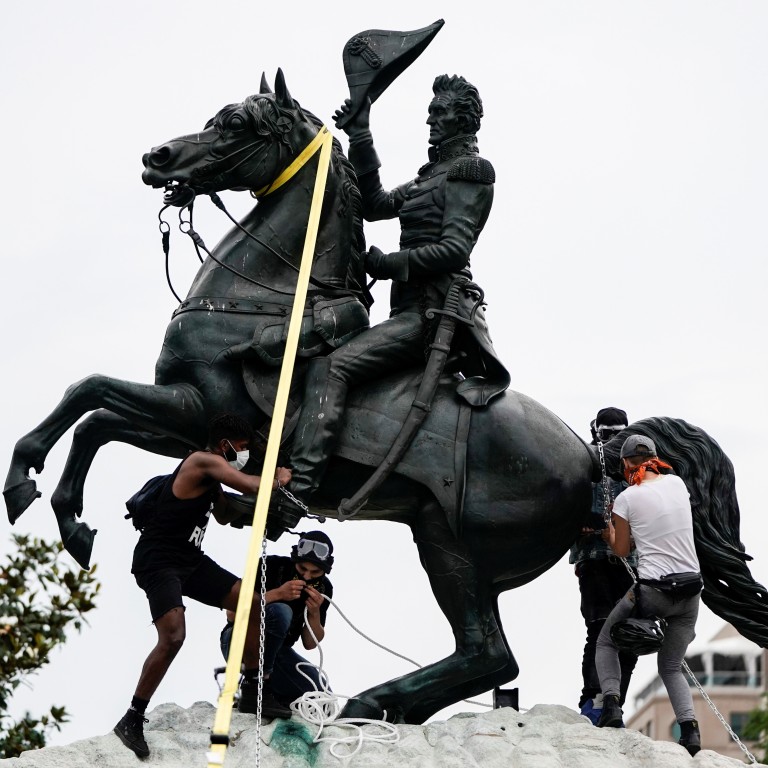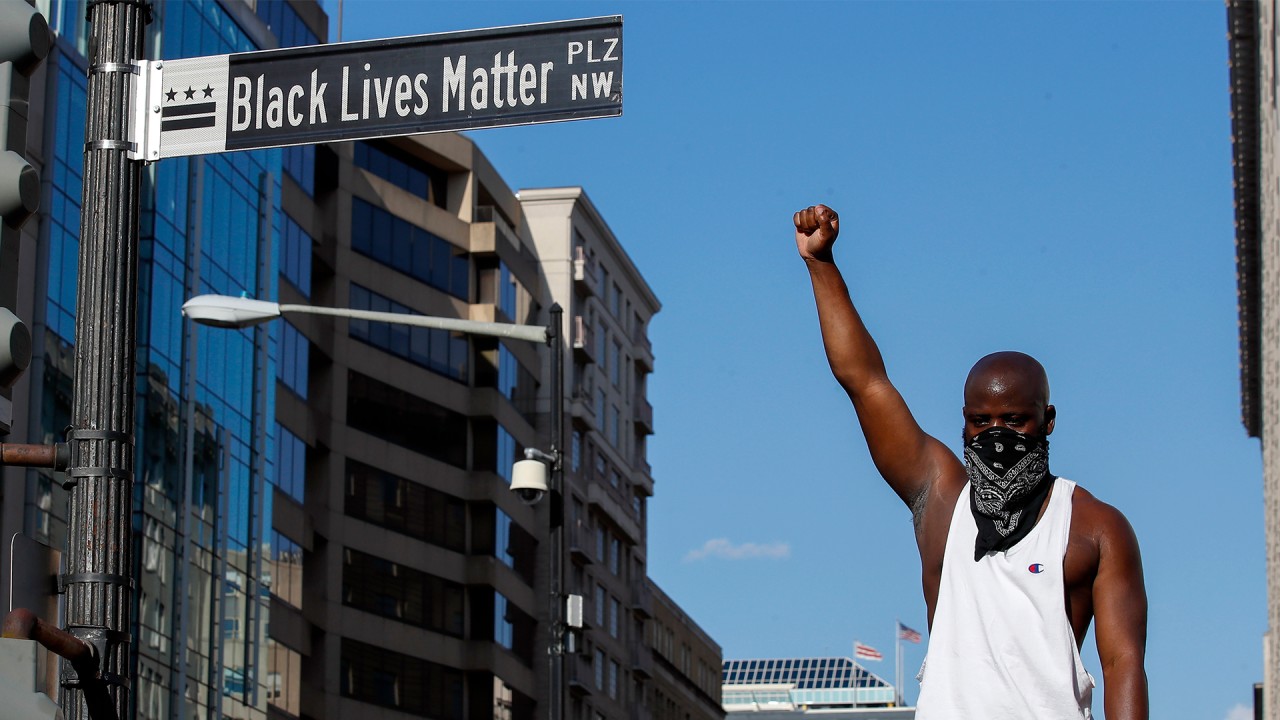
George Floyd protests are a chance for the US to confront its racist history, not try to erase it
- The Black Lives Matter movement is an awakening for the US. Facing up to institutionalised racism is long overdue. Slavery is a stain on America’s history. The task is to rectify this stain without erasing history
To understand America, you have to be an American or have lived there. There’s a lot to understand about this superpower, which is both reviled and admired. To understand it, you have to understand Democratic blue states, Republican red states, Deep South former Confederate states with their history of slavery and Jim Crow laws that institutionalised racism.
I immersed myself in understanding America for my naturalisation test decades ago, even though it dealt mostly with the constitution, government and civics issues. I delved into US history because history fascinates me.
I took my oath of allegiance in Baltimore, an hour’s drive from the Washington suburbs where I lived. One of my proudest moments was being photographed holding my naturalisation certificate by an American flag.

03:10
Anti-racism and police brutality protests sparked by death of George Floyd continue around the globe
How different America was then. The country now has a president, in Donald Trump, whose trademark is to upend the old order. One of his 2016 election campaign slogans was “drain the swamp” – a promise to rid Washington of corruption and insider influence.
I am not sure if bashing China alone is enough to get Trump re-elected or for rival Joe Biden to win. It’s not as defining an issue as the coronavirus, the economy and the re-energised Black Lives Matter movement.
George Floyd death stirs Asian feelings on region’s own racial strife
The Black Lives Matter movement is an awakening for the US. Facing up to institutionalised racism is long overdue, but confronting racism should not include erasing history. Some protesters have decapitated, destroyed or removed statues of long-dead racist military leaders and slave-owning politicians.
Vote-chasing mayors, governors and legislators have jumped on the bandwagon by backing the removal of historic statues. This is wrong. Toppling statues cannot erase America’s painful racist past.
Don’t glorify the statues, but don’t destroy them either. Put them in museums. Keep history alive. Learn from it.
Michael Chugani is a Hong Kong journalist and TV show host

